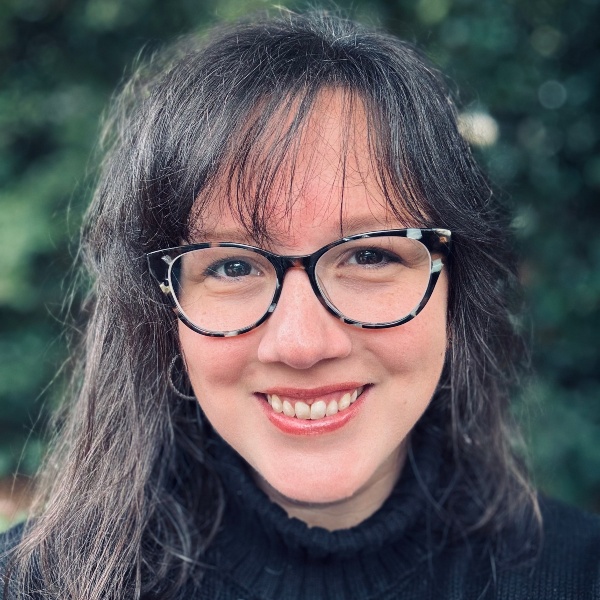
Mary Chase Mize
Academic Degrees and Professional Licenses
Academic Degrees
- PhD in Counselor Education and Practice, Georgia State University
- MS in Clinical Mental Health Counseling, Georgia State University
- MA in Gerontology, Georgia State University
- BA in Communication, Mississippi State University
Professional Licensure and Certifications
- Licensed Professional Counselor (LPC)
- Approved Clinical Supervisor (ACS)
- Certified in Thanatology - Death, Dying, and Bereavement (CT)
- Master-Level LivingWorks Applied Suicide Intervention Skills Training (ASIST) trainer
Teaching and Scholarly Interests
Dr. Mize’s previous academic experience includes teaching as a part-time instructor at Agnes Scott College in psychology and clinical mental health counseling and working as a co-investigator on a federally funded project at Georgia State University to equip providers in the aging services network with suicide intervention skills. Dr. Mize’s current research agenda is focused on community-based suicide prevention and intervention efforts with older adults, equipping faith-based communities to respond to suicide, and preparing counselors to work with older adult clients.
Professional Activities
Dr. Mize manages Seek and Find Counseling and Consulting, a small private practice with specialization in individual counseling services, training and workshops, and clinical supervision. Her past clinical experiences include working in community-based settings and hospitals providing mental health counseling with older adults and their families, with individuals experiencing thoughts of suicide and those grieving suicide loss, and with individuals and groups experiencing grief, bereavement, death anxiety, and major life transitions. Dr. Mize also serves as a professional consultant and co-author to The Keep/Watch Project, an effort from the Episcopal Diocese of Atlanta to equip religious and spiritual communities with suicide prevention, intervention, and postvention response skills.
